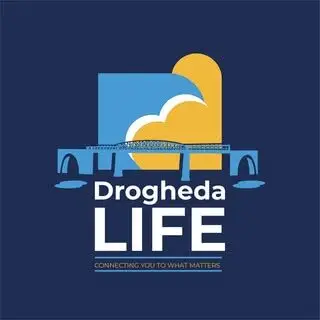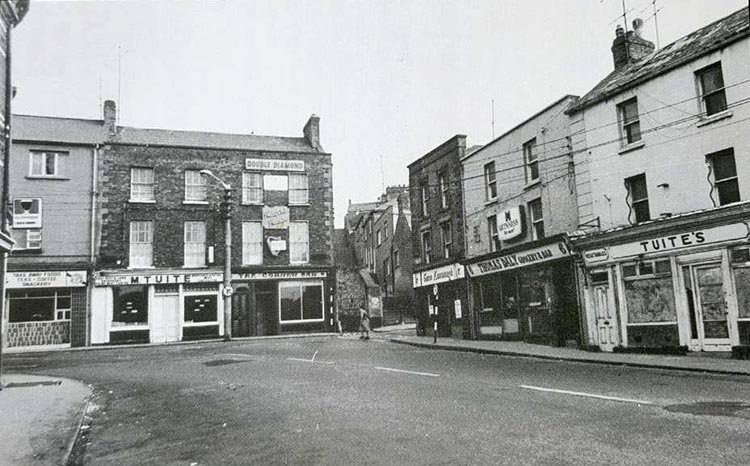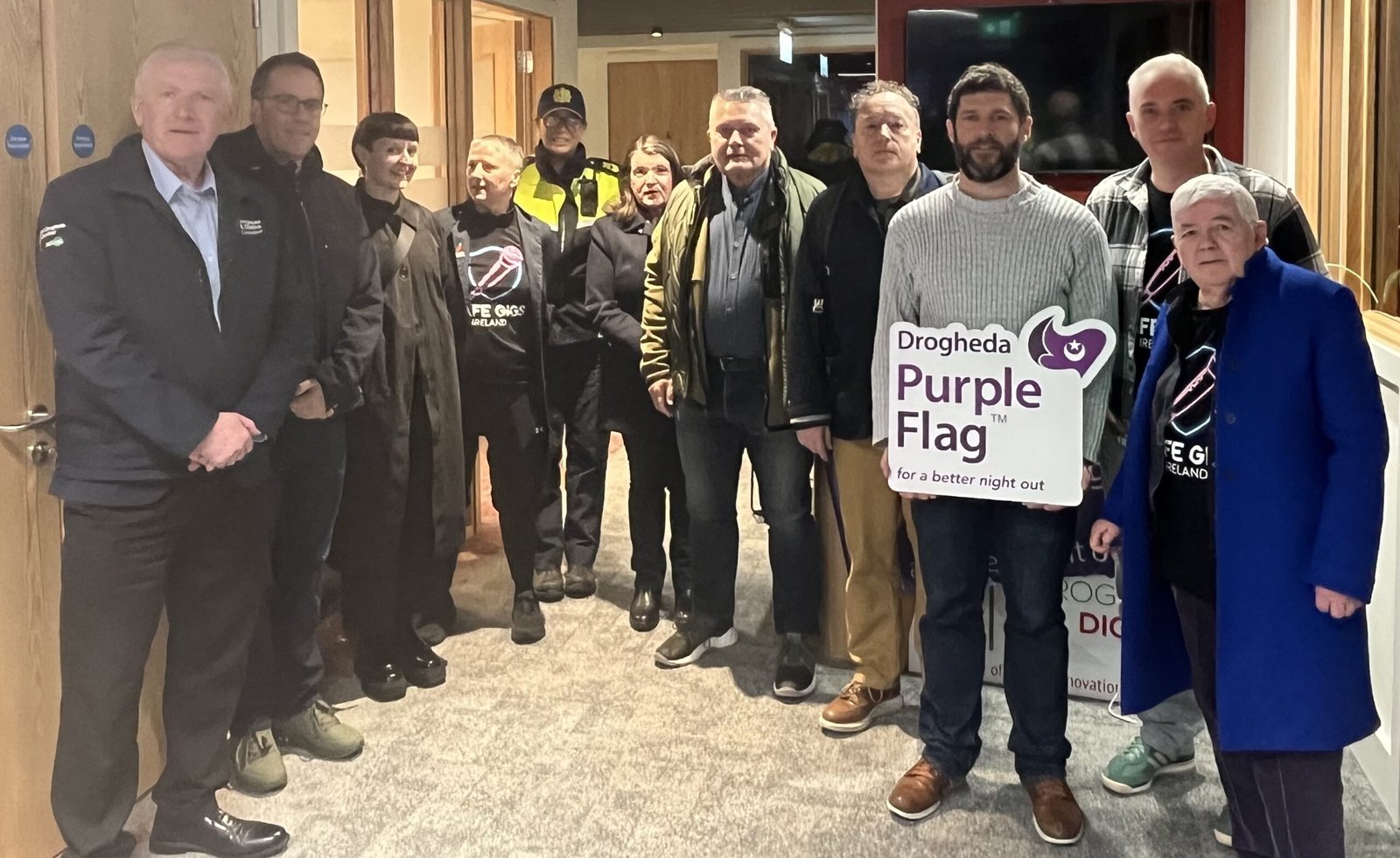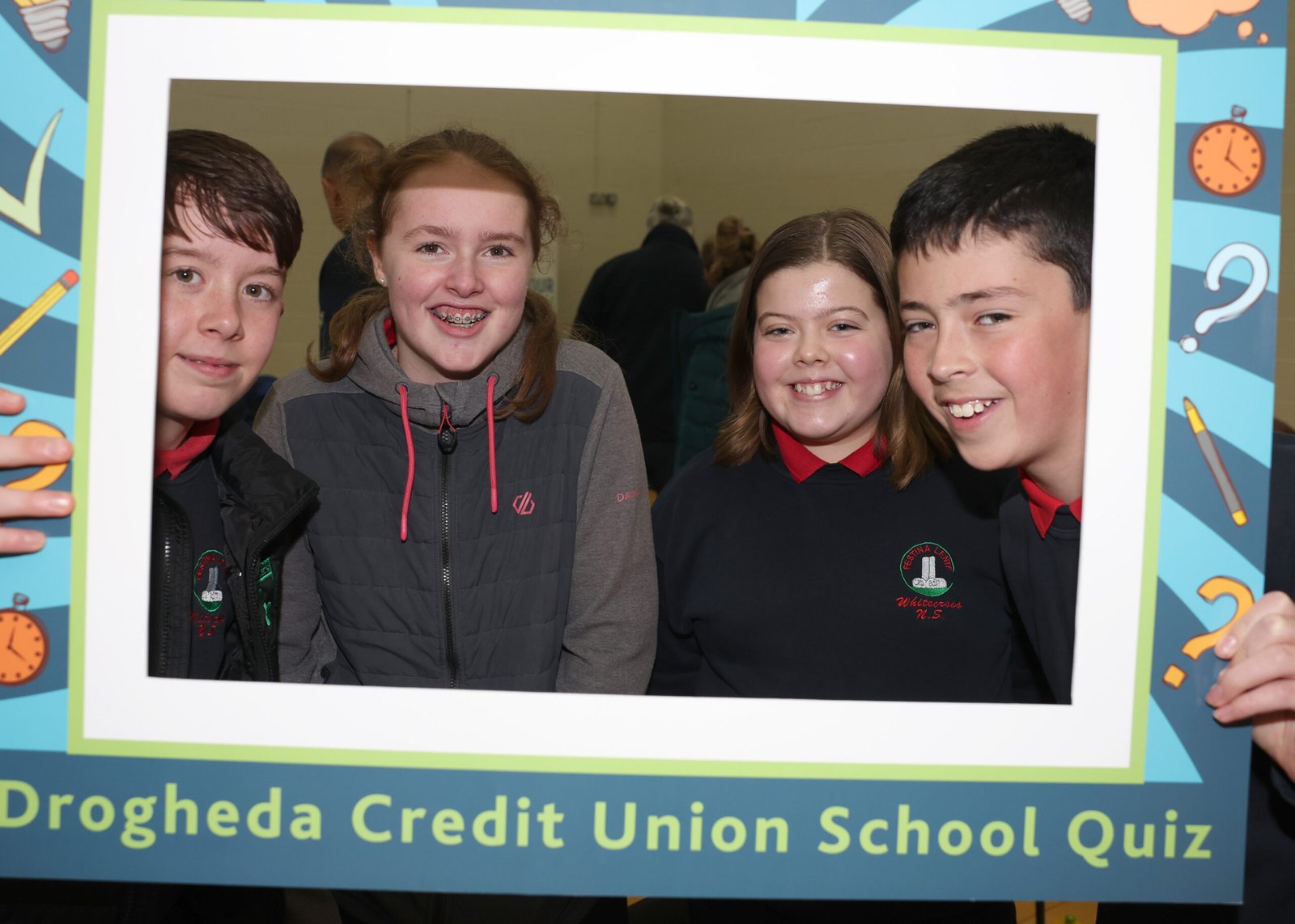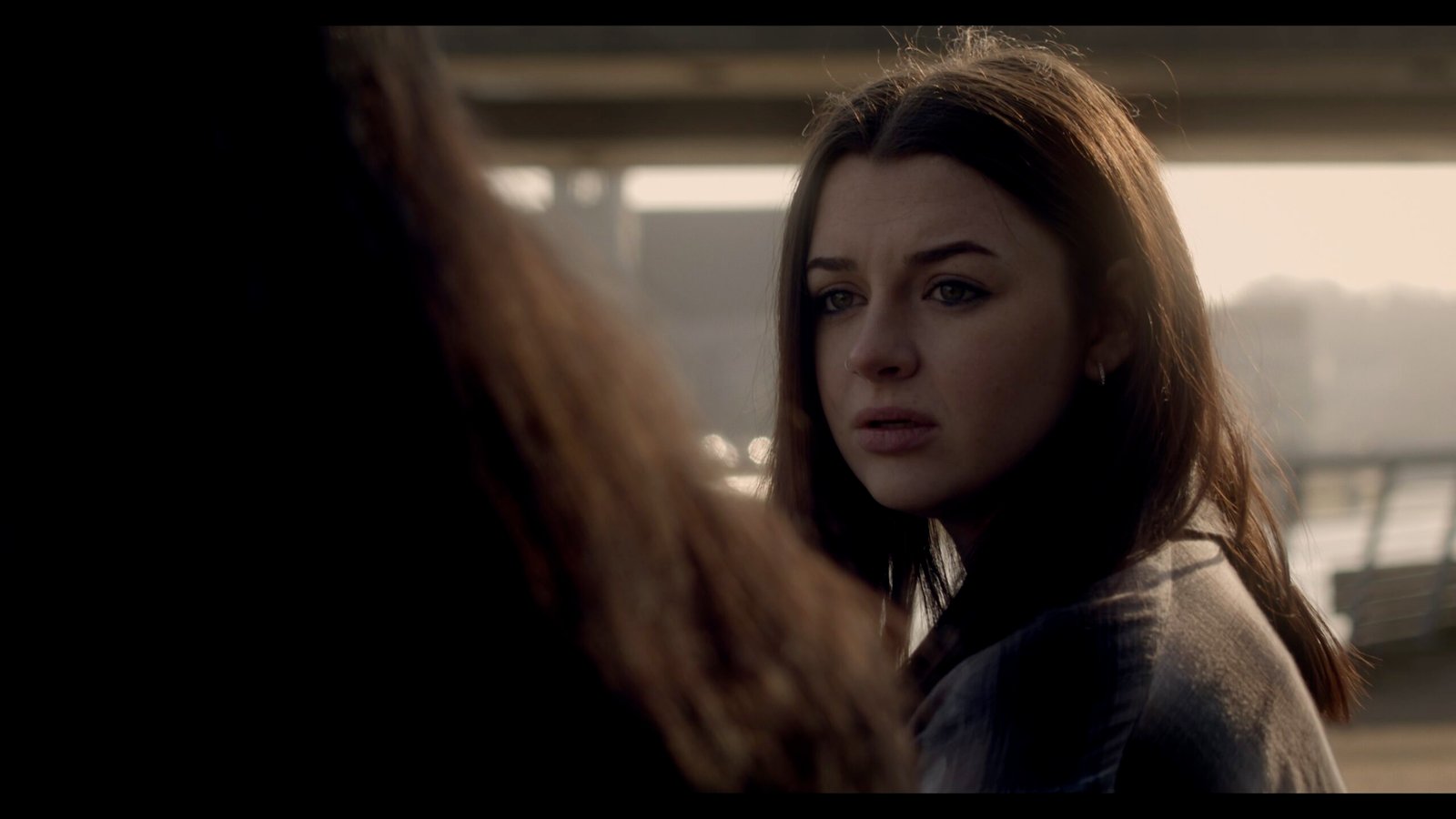By Sean Collins
Ever since the Anglo-Normans began developing the town of Drogheda from the 1180s onwards the area we call Dooley-Gate has been at the centre of life in the Boyneside town and streets such as James St, Bullring, Pitcher Hill, and Castle Street [Barrack Lane] can be traced back to the 1480s .
At the junction of these streets was erected the Castle of Drogheda or the Castle of Comfort as it is often called. The site known as the “Castle of Comfort” was sold by Drogheda Corporation in 1880. It extended from the bottom of Pitcher Hill, to the bottom of the Old Hill.
In November 1494, Edward Poynings the Lord Deputy of Ireland summoned a Parliament at the Castle of Drogheda. It continued well into 1495.The Statute of Ireland or “Poynings Law” was passed at the Drogheda Parliament. Remarkably Edward de Tuit was the keeper of the Castle of Comfort.
By the mid 1840s the site of the Castle was covered by No’s 5,6,7,8 and 9 Bullring. In 1845 at No.8 Bullring, John O’Toole was born. As a young man O’Toole joined the Irish Legion and went to fight for the French in the Franco-Prussian war. He was a cousin of the radical Augustinian Fr. James Anderson, also a native of Drogheda and a staunch nationalist. O’Toole distinguished himself at the Siege of Metz, where the French were defeated. His heroic exploits were reported in the “London Standard” of November 1870. The Irish poet
T.D. Sullivan wrote in his honour:
“Well done O’Toole, in bygone ages,
Your kingly sires were warriors true
Their deeds still shine in history’s pages
Bright stars that all the world may view,
T’was hard to rout and hard to bind them
No danger could their courage cool
And now their sons where ‘ere you find them,
Are heroes all, well done O’Toole. ”
John O’Toole returned to Drogheda in 1871 and died the following year. He is buried in the Anderson plot at the Cord Cemetery where his headstone records that he died of consumption contracted while serving in the Irish Legion during the late Franco-Prussian War, 19th July 1872 aged 27yrs. A long-forgotten Drogheda born hero now recalled, watch out for his ghost at the side gate!
McCabes Directory 1837, records Bartholomew Collins and Peter Caulfield as being Wine and Spirit Merchants in the Bullring of Drogheda. The 1857 Act lists Christopher Gallagher as the license holder at 8 Bullring [Ollies] with a grocery at No.9 [Tuites].
Gallagher was a member of the Grand Jury, a staunch Home-Rul his bar because he had draped a large Parnell flag [green background emblazoned with a gold Irish Harp], from the roof line to just above the main door of the building.
He had also erected a triumphal arch between his premises and Kelly’s [Brown Derby] across the road in honor of Parnell’s visit to the town when he was declared a Freeman of the Town of Drogheda.
Christopher Gallagher a native of Duleek died in 1894 and is buried in Ardcath, he was probably looking for an oasis or a wonder-wall.
Ellen Gallagher became the licensee in 1895. Her daughter Frances married Joseph Dwyer of Beauparc in 1898. An advert in the Drogheda Independent of 1900 announced the dissolution of the butchery partnership of Philip and Joseph Dwyer of No.1 Bullring beside St. Mary’s Bridge [later Willie Wall’s].
It also pointed out that Joseph Dwyer was opening a butchery counter at No.9 Bullring. In 1904 the licencee at No.8 was Joseph Dwyer who had also turned No.9 from grocery to Victuallers [butcher].

The remarkable rise of the G.A.A.at this time saw a great revival in Gaelic games, and not surprisingly having removed “tons of clay” from the embankment to the rear of his premises, Joseph Dwyer built a handball alley for his patrons and locals in 1906.
In the 1920s his son Johnny began to dominate the local handball scene, winning Louth titles on a number of occasions and a medal in 1927 at the revived Tailteann Games.
The popular G.A.A. team in the area was the Stars G.F.C., founded in 1903 who held their meetings in No.10 James Street opposite St. Mary’s Church [Frawleys, later Batesons…Davis when demolished]. The Stars won the senior championship in 1917.
The Civil Was years 1920-23 were not kind to the Stars. Tom Halpin, their main forward player, was murdered by British forces on the Marsh Road, in February 1921, their goalkeeper Larry Walsh was forced to flee the country and team captain Tom Burke was imprisoned along with Jim McKeown and other members of the club.
The club was disbanded, but out of the ashes, almost phoenix like, when the men were released from the Curragh prison camp in late 1923, they founded Wolfe Tones G.F.C., a club that is synonymous with Ollie’s bar to this day. John [Jackser] Grogan from the Marsh Rd, was the first Chairman and Paddy, Johnny, and Brendan Dwyer are all listed as Wolfe Tones leading players in the late 1920s and early 30s. Joseph Dwyer died in 1938 and his son Gerry continued to run the public house.
In the early 1940s, Michael Farrell took over the Victualler business, working with his son Paddy. In 1953 the bar was acquired by James Fay popularly known as “Jemmy” who previously had a provision shop on Barrack Lane. Jemmy was a very popular publican, and once owned a noted greyhound called “Glady’s Dancer”. He employed a young teenager named “Ollie” to wash glasses and bottle beer of which there will be more anon.
Sadly, Jemmy Fay passed away in 1964, his wife became the licensee. In 1967 his brother Patrick Fay took over the premises. Watty McDonnell and Paddy Weldon, a native of the town from London, friends of Patrick Fay, would have bi-annual reunion there, always cared for by a young Paul [Walshy] Brennan.
Popularly known as the Corner Bar, in the late sixties, the Dart team from Fays were very competitive. Players included, Hugh Wade, Pat Maher, Gerry Confrey, Frank Dawe, John Dawe and Paddy O’Neill, Dooley-Gaters to a man! By the 1970s rings had a revival and the Fays team were noted for their support for local charities, throwers included Mickey Wolfe, Willie Gregory, Jack Reilly, Noel Campbell, Willie Mulroy, Jim Keegan and John Brennan. Note a few FAA -siders in that group!

Brogan’s butchers at No.5 Bullring was purchased by Mick Tuite in 1962. In 1968 Mick moved to “Farrells” premises at No.9 Bullring. The Duggan family acquired the Corner Bar and it traded as “Duggans” through the 1980s.
A new world was brought to the Bullring with the acquisition of Duggans in 1989 by Jemmy Fay’s young bar-boy, Ollie Mullen, a successful and popular hard-working town taxi driver. He and his wife Margaret [the real boss], a brave woman from the Faa side who had settled in Dooley Gate or little Ulster.
Margaret was warned about the far-side by her mother but she didn’t listen and in no time at all was part of the furniture. Many of Ollie’s friends became regular customers.
I would call to see my old friend Maurice Doherty and chat to Tosh McGovern, while Helen made us all behave. Young Hess behind the bar [now the poet laureate], and the famous footballer Paddy McArdle along with Dick O’Callaghan pulling good pints and being, the gentlemen they always were.
Frank and John [Cheetah] Dawe, Collie Moore, Sonny Murphy, Con Branigan, Mattie Leslie and Bing Crosby [U.N. veterans]. Jimmy Wilson allocating houses, Tommy Donnelly on transfer from “Kevin’s”, Mal Crean on the roof, and Paddy McKenna. Ollie serving pints, taxiing and generally doing whatever had to be done.
The Bard of Dooley Gate Paddy Cluskey writing poems and picking naps. Barry Cluskey, saxophonist extraordinaire playing a tune with Murrough on drums and Tom McCann strumming. Patsy Kirwan calling the bingo numbers, you didn’t have to be from Dooley Gate but it certainly helped.
Ireland went happily crazy in the nineties, the era of Jack Charlton and World Cups and Italia 90. Ollie’s was unique with its own football super star, the heroic Gary Kelly from Marian Park of Leeds Utd and Ireland but mainly Marian Park.
RTE broadcast from the pub and Drogheda revelled in the fun. Th’oul fellas in the bar reminiscing on their football careers, they all could have done it, but Gary was the man that got the jerseys. Terry Brodigan used to quip Ollie doesn’t need a ladder to clean his windows, he just hops up on his wallet, but remarkably Jim Murray and Mursheen still love him. ‘Red” White played the rings and an annual tournament is played in his memory.

So now in 2023, Ollie’s Parliament House is going strong. On Monday’s you can meet Val Murphy [faasider], coming up to our side for a good pint and to encourage Faa Side-Dooley Gate relations, it’s like the Good Friday Agreement.
At the back end of the bar looking after parliamentary security is Gerard Campbell, when he is not minding the Taoiseach or some V.I.P., ball hopping with his brother Paul and Paddy Fanning.
The Minister for Sport Mickey O’Brien, sitting in “Moaners Corner” with his advisors Willie Kelly, Gregsir, Patsy McKenna on his father’s stool, and Michael [Ace] Matthews, you can see the ghosts of Goggy, Dublin, Hess and Paddy McKenna floating over them.
North-South relations are handled by Ben McCartney, particularly in November when he welcomes his “loyal” Belfast neighbours from the UDR. He once welcomed Norman McNarry, [George Best’s brother-in -law] who wanted to bring Gary Kelly’s jersey home.
Stoically in the bar, not the Dail bar I might add, sit Martin Thornton, Bernard Mohan and Keith McGuinness being observed by John Kelly while Dickser is pontificating to all and sundry.
Johnny and Anne McCormack chatting with “young” Collie Moore and his good lady Patricia, Anne and my school pal Packie Kirwan drop in from time to time, along with Mr and Mrs O’Brien from Barrack Lane.
On bank holidays, Jimbo leads the singing and Declan Carter leads the jiving, and Whack got Patsy’s job calling the numbers. Paddy Bedford, Liam” Sammy “McDonnel, Sean Ward [the Norn Man] and Pat Whelan are the hurlers on the ditch at the bingo. Christopher “kit’ Flanagan is the shop steward.
The Mullin family from Tenerife, whose great-great-great grandfather John Mullin of Dublin Gate [died 1848] and is buried in the Cord Cemetery came in one day looking for their roots.
They thought Corky O’Neill was wonderful and his pints of Guinness were even better. They wanted to bring “Senor Corky” back to Tenerife, but he told them he never leaves Dooley gate except to go to the races in Killarney. Paul McKeown is on long term transfer from the other end of James Street.
